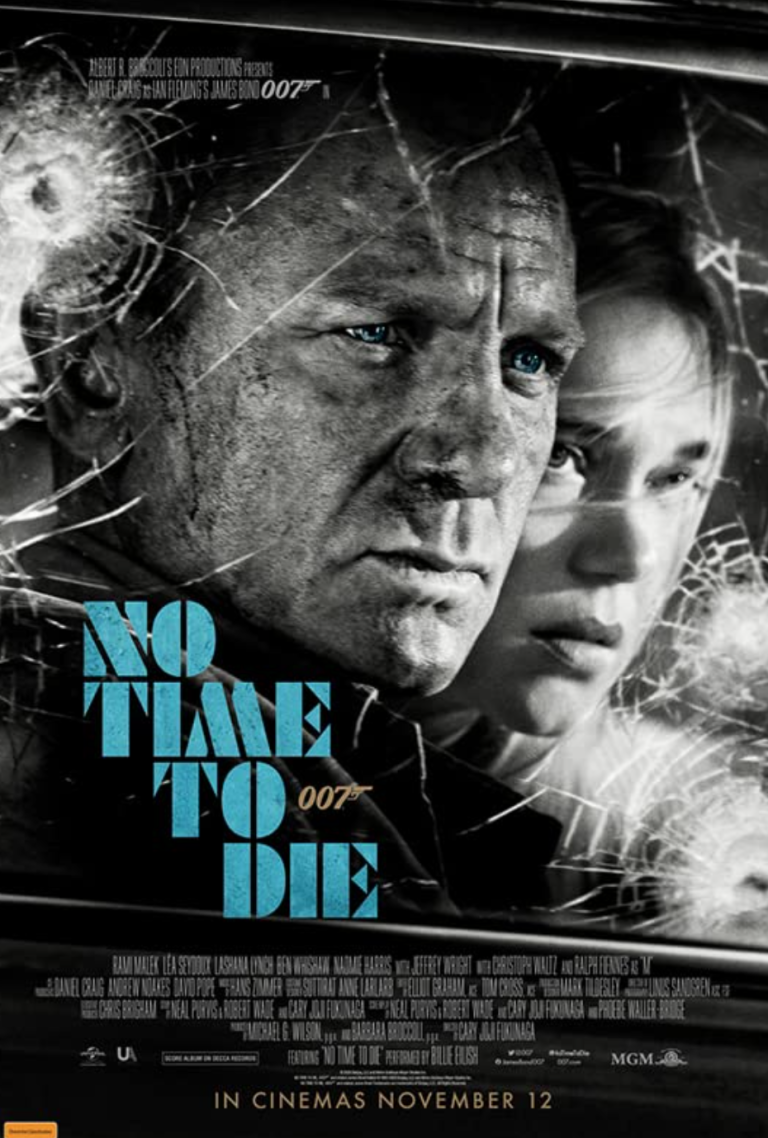
The specific details for the ending of this fall’s hit action thriller, No Time to Die, which marks Daniel Craig’s final portrayal of James Bond, weren’t actually decided upon until after principal photography on the feature began. During the conclusion of the film, the retired MI6 agent is killed. The drama’s director, Cary Joji Fukunaga, shared the news during a new exclusive interview with Empire, which was published earlier today.
No Time to Die is the first entry in the James Bond franchise that kills the protagonist. In the movie’s climax, he sets out to stop his latest enemy, Safin (Rami Malek), from releasing his lethal nanobots to the world. Bond, who is also infected with the nanobots, sacrifices himself during an MI6 missile strike that completely destroy the villain’s entire island compound.
In the interview, Fukunaga also confirmed that before the production of the thriller started, Craig and the feature’s producers, Barbara Broccoli and Michael G. Wilson, had already decided that the story would end with 007’s death.
However, the exact circumstances of the character’s demise remained “a bit loose,” the filmmaker revealed, even after the cameras started rolling on the feature.
But the director, who also co-wrote the drama’s script, made sure that Bond’s death sequence had as much thematic resonance as possible. He noted: “In my first meeting with Daniel and the producers, they said that’s how they wanted the story. They felt that was an ending. I was like, ‘Well, it’s a result of an ending, but we don’t know what happens.
It has to be earned.'”
Fukunaga added “I was really struggling because it couldn’t be conventional action. It couldn’t just be a demonic device, it had to be tied into the central theme of the story.
”
The scribe-helmer added that to make sure that the main character’s death had actual meaning, the filmmakers created new family for Bond, who was a historically emotionless, womanizing spy. In No Time to Die‘s ending, he realizes that not being able to touch Madeleine and his daughter because of his nanobot infection has made life not worth living at all, so he decided to sacrifice himself for the greater good.
Fukunaga also noted that he felt it was important to respectfully show there’s no chance of Craig’s iteration of the iconic retired MI6 agent could be brought back from the circumstances of No Time to Die‘s ending. “I wasn’t trying to be obtuse with it. I wanted to be clear with it. But I wanted it to be tasteful.
The filmmaker added he wanted to show that Bond “wasn’t going to jump down a sewer at the last second. So that wider shot of the island being pummelled was a mixture of macro and micro. The full effect is, ‘Yes, he’s gone, but he succeeded in making sure none of that weapons would go on into the future.'”
The revelation about the continuous changing of the story’s ending from Fukunaga comes as

